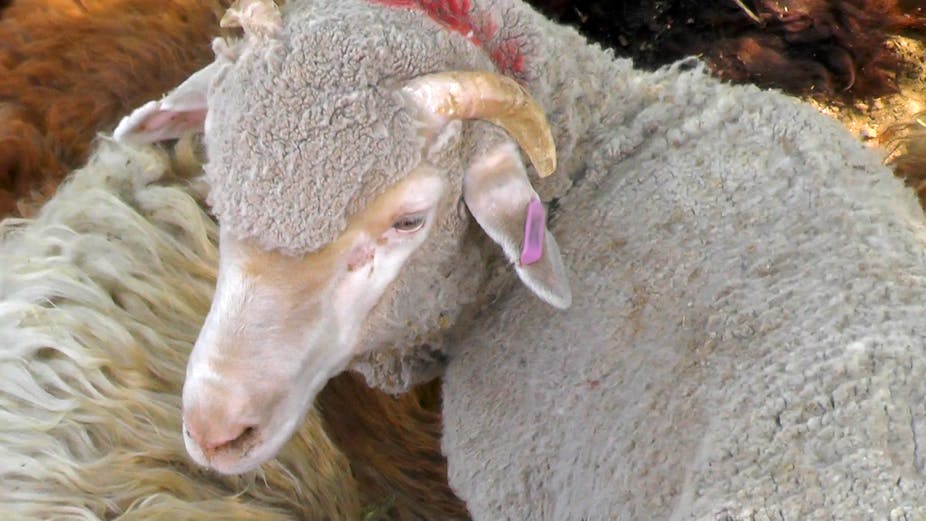The federal government will announce tougher penalties for breaches in the live sheep industry - ahead of receiving the review it has commissioned into the controversial northern summer trade.
Resisting mounting pressure for the trade to be phased out, Agriculture Minister David Littleproud told Sky on Friday: “If you do the wrong thing, you’re going to swing”.
He said he would unveil the new penalties in the coming week. He was presently finalising legislation.
It is understood directors of exporting companies who are aware of breaches of conditions and fail to act could face fines into the millions of dollars and up to 10 years jail. This would bring the penalties into line with those in other industries, the government says.
The report into the summer trade is due within a fortnight.
Littleproud continued to attack Labor’s undertaking, announced on Thursday, to phase out live sheep exports. The ALP has not put a time on how soon it would end the trade.
Littleproud said Labor was making a reckless decision without waiting for the evidence from the review.
The review is expected to say there should be more stringent regulations but not to recommend the trade be stopped. Depending on what is done by the government on regulation, the economics could make it harder for the exporters to operate. The trade, currently worth about $250 million annually, is already contracting of its own accord, a more chilled meat is sent to the Middle East.
The live sheep issue has blown up after the airing on television of footage showing shocking on-board conditions. Littleproud said if the standards had not been breached on the ship that was shown, he would change those standards. He said a proper “culture” needed to be put around the industry.

